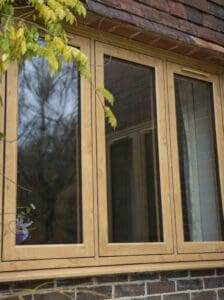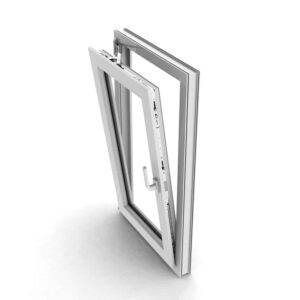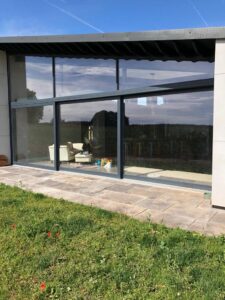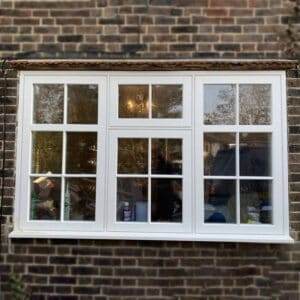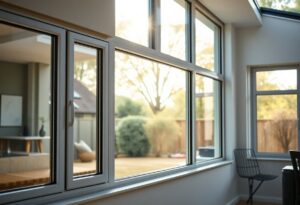Exuding sophistication and cutting-edge design, the world of window technology continues to evolve at a rapid pace. From energy efficiency to enhanced security features, innovations in window technology are revolutionising the way we think about windows. In this blog post, we will delve into the latest advancements in window technology, including smart glass that can adapt to changing light conditions, self-cleaning windows that reduce maintenance efforts, and impact-resistant windows that provide added protection in extreme weather conditions. Stay tuned as we explore the most exciting and game-changing developments in the market, and how these innovations are reshaping the future of window technology.
Key Takeaways:
- Energy Efficiency: New window technologies in the market are focused on improving energy efficiency, leading to reduced heating and cooling costs.
- Smart Glass: Innovations in window technology include the integration of smart glass, which can be controlled to adjust transparency and block out UV rays.
- Noise Reduction: Advanced window technology now offers solutions for noise reduction, providing a quieter indoor environment.
- Security Features: The market has introduced windows with enhanced security features, such as impact resistance and advanced locking systems.
- Aesthetic Design: Window technology advancements also focus on enhancing the aesthetic appeal of windows, offering a range of designs and customisation options.
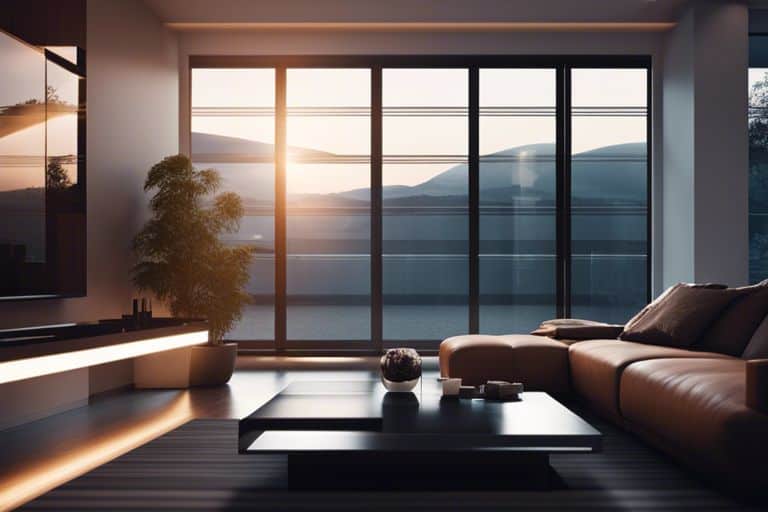
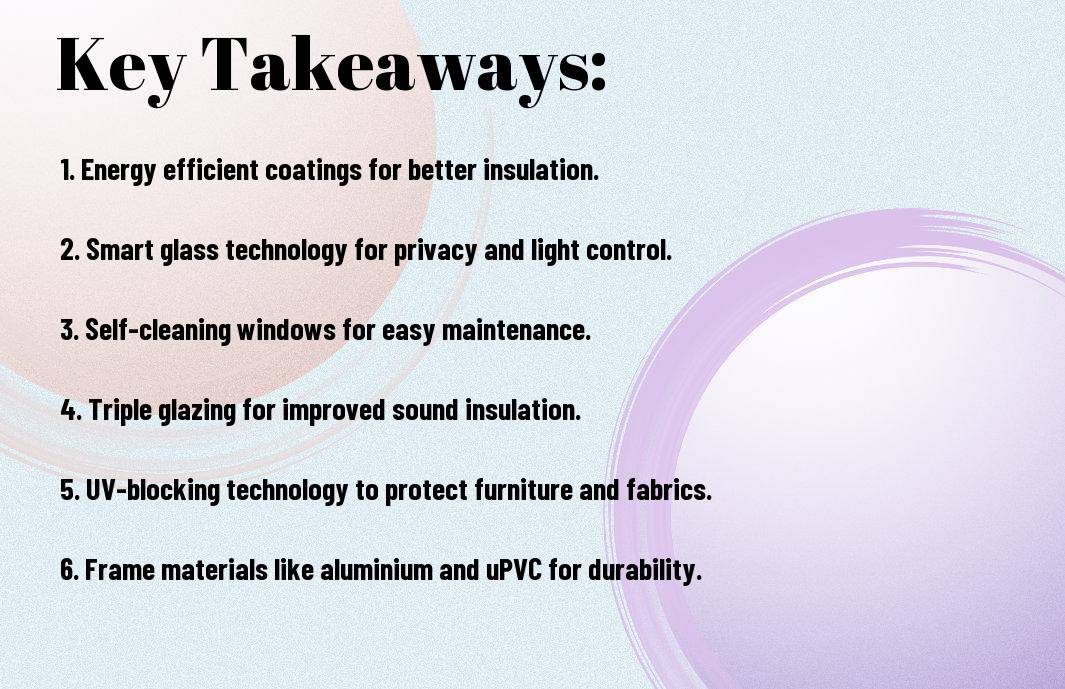
Advancements in Glass Technologies
Glass technologies have seen significant advancements in recent years, revolutionising the way we see and use windows. From improved insulation to enhanced durability, the latest innovations in window glass have transformed the market. For more information on the latest window treatment technology innovations, check out What’s New in Window Treatments? The Latest …
Self-Cleaning Glass
Self-cleaning glass is a game-changer in the window industry. It utilises a special coating that uses the power of sunlight to break down and rinse away organic dirt. This not only reduces the need for manual cleaning but also ensures a spotless and clear view through the window, creating a low-maintenance and high-efficiency solution for homeowners.
Smart Glass and Electrochromic Innovations
Smart glass and electrochromic innovations have transformed the way we control light and privacy in our homes. With the ability to adjust the transparency of the glass at the touch of a button, these innovations offer flexibility and control like never before. They also contribute to energy efficiency by reducing the need for artificial lighting and cooling, making them a sustainable and cost-effective choice.
The advancements in smart glass and electrochromic technologies continue to drive the window industry forward, providing homeowners with revolutionary and cutting-edge solutions for their homes.
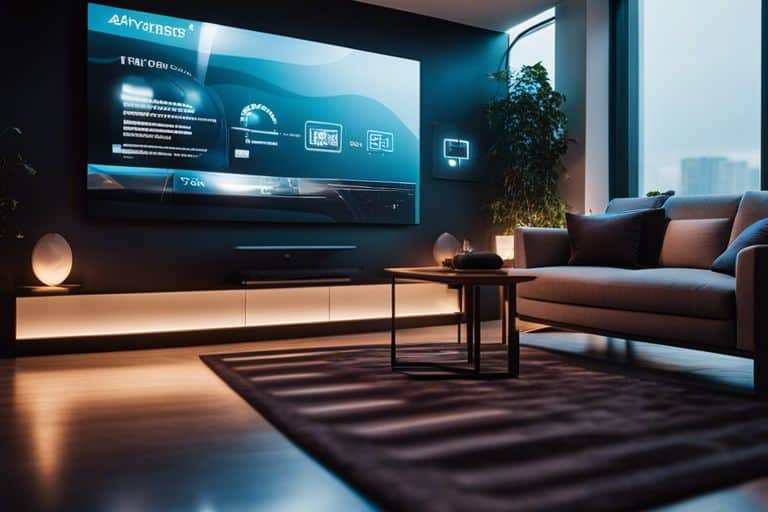
Frame and Installation Progressions
When it comes to window technology, the progressions in frame and installation techniques have played a significant role in enhancing the overall efficiency and performance of windows. Innovations in frame materials and installation methods have led to improved insulation, durability, and energy efficiency.
Composite Materials for Enhanced Insulation
Composite materials such as fibreglass, vinyl, and aluminium-clad wood have emerged as popular choices for window frames due to their exceptional insulation properties. These materials offer better resistance to heat transfer, reducing energy loss and enhancing the overall energy efficiency of windows. Additionally, they provide improved durability and require minimal maintenance, making them a favourable option for modern window installations.
Modern Installation Techniques to Reduce Energy Loss
Modern window installation techniques have been developed to minimise energy loss and maximise the performance of windows. Methods such as proper sealing, insulation, and minimising air leakage have become standard practices for installation professionals. By ensuring a tight and secure fit, these techniques prevent heat transfer and air infiltration, thereby improving the overall energy efficiency of windows.
In addition to using high-quality materials, modern installation techniques play a crucial role in preventing energy loss and maintaining a comfortable indoor environment. Proper installation not only enhances the performance of the windows but also contributes to reducing energy costs and carbon footprint.
Impact of Innovations on Sustainability
As window technology continues to advance, the impact on sustainability has become increasingly significant. The integration of new innovations in window technology is revolutionising the way in which buildings are designed, constructed and operated. In this chapter, we will explore the positive effects of these innovations on sustainability, particularly in relation to energy efficiency and green building certifications.
Energy Efficiency in New Window Technologies
The development of new window technologies has had a profound impact on the energy efficiency of buildings. The use of high-performance glazing materials and advanced framing techniques has led to a significant reduction in energy consumption for heating, cooling and lighting. As a result, buildings equipped with these innovations are able to reduce their carbon footprint and lower their energy costs while maintaining a comfortable indoor environment for occupants.
Contribution to Green Building Certifications
New window technologies play a crucial role in the attainment of green building certifications such as LEED and BREEAM. The integration of sustainable materials and innovative design strategies in windows has a direct impact on the overall sustainability performance of a building. As a result, buildings with these technologies are more likely to achieve higher certification levels, demonstrating their commitment to environmental responsibility and resource efficiency.
In addition to the energy efficiency benefits, the use of innovative window technologies also contributes to the overall sustainability of buildings, by reducing waste and minimising environmental impact during construction and throughout the building’s lifecycle.
The Future of Windows in Smart Homes
As we move towards a more technologically advanced era, the role of windows in smart homes is evolving rapidly. With the integration of smart technology, windows are no longer just a source of natural light and ventilation, but also play a crucial role in energy efficiency, security, and comfort within our homes.
Integration with Home Automation Systems
The future of windows in smart homes involves seamless integration with home automation systems. This means windows will be equipped with sensors and connected to a central smart home hub, allowing for automated control of opening, closing, and adjustment of window settings. This integration will not only enhance convenience for homeowners but also contribute to energy savings and security.
Adaptation to Climate Change and Extreme Weather Conditions
Windows of the future will be designed to adapt to the changing climate and extreme weather conditions. Advanced materials and engineering techniques will enable windows to withstand extreme temperatures, high winds, and even natural disasters. With rising concerns about climate change and its impact, these innovations are crucial for ensuring the safety and durability of our homes.
These climate-adaptive windows will provide protection against damage and offer greater resilience during unpredictable weather events, providing homeowners with peace of mind and safeguarding their property.
Innovations in Window Technology – What’s New in the Market?
In conclusion, the window technology market is constantly evolving, with new innovations being introduced at a rapid pace. From energy-efficient glazing to smart windows, the industry is pushing the boundaries of what is possible in terms of functionality, performance, and aesthetics. It is clear that the demand for more sustainable and advanced window solutions is driving the development of new products and technologies. As a result, consumers can expect to see a wide range of cutting-edge options in the market, offering improved comfort, security, and energy efficiency for homes and buildings. With ongoing research and development, the future looks promising for even more exciting advancements in window technology.
FAQ
Q: What are the latest innovations in window technology?
A: The latest innovations in window technology include energy-efficient glass, smart glass, and advanced framing materials.
Q: How do energy-efficient windows benefit homeowners?
A: Energy-efficient windows help reduce heating and cooling costs by minimising heat transfer and maintaining a comfortable indoor temperature.
Q: What is smart glass and how does it work?
A: Smart glass, also known as switchable glass, can switch between transparent and opaque states to control light and heat transmission based on environmental conditions or user preferences.
Q: What are some advanced framing materials used in modern windows?
A: Advanced framing materials such as fibreglass, vinyl, and composite materials offer durability, low maintenance, and enhanced insulation properties for modern windows.
Q: How can homeowners benefit from investing in innovative window technology?
A: Homeowners can benefit from improved energy efficiency, enhanced comfort, reduced maintenance, and increased property value by investing in innovative window technology.


